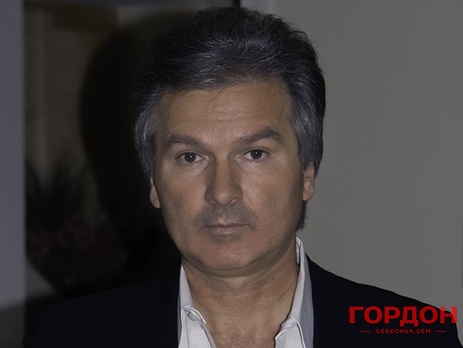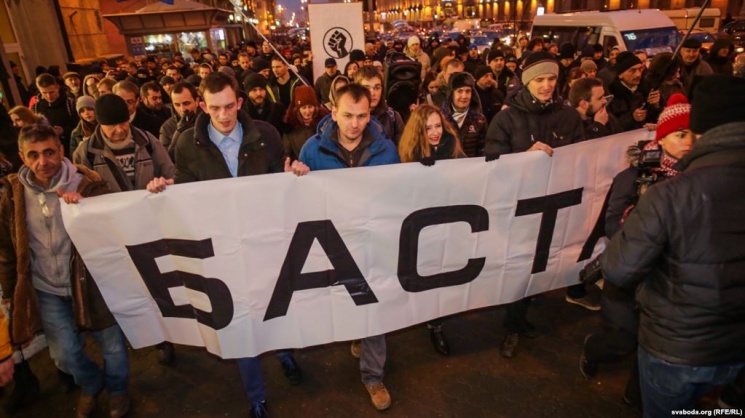Despite threatening language, Vladimir Putin is not going to start a nuclear war, according to Yuri Shvets, who studied along with him at the KGB’s Andropov Institute. Putin’s only desire is to remain in power for life, he says, and he knows Russia’s nuclear weapon delivery systems aren’t accurate enough for a first strike that would not result in national suicide.
But Putin’s actions threaten the future of Russia, Shvets says, because his aggressive behavior has reinvigorated NATO, undermined the possibility that the Russian economy can modernize and develop, and likely guaranteed that the United States will choose a second Ronald Reagan in 2016 to contain his country, reducing its importance and possibly its size.
Shvets, who studied with Putin and then worked under TASS cover as a KGB officer in Washington in the 1980s, offered these and many other observations about his former colleague, someone whose KGB career, he says, showed him to be below average in competence and whose presidential career reflects the skill of others in using television to boost any leader.
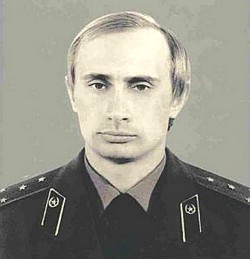
All these are contained in a long interview he gave to the Ukrainian Gordon News Agency, available here (in Russian).
Like its Soviet predecessor, Shvets continues, the Putin elite is terrified of the possibility that there will be a popular revolt, one that would sweep them from power and lead to its members being hanged from lamp posts “as it was in Budapest during the anti-Soviet uprising in 1956.”
The former KGB officer says that the probability of Putin pushing the nuclear button is “nil.” Even more than the Soviet Union, the Russian Federation lacks the reliable counter-force weapon delivery vehicles which could take out an opponent’s nuclear capacity and prevent a response. It could hit cities, but in that case, the response would be devastating for Russia.
But there is a more serious reason for thinking Putin won’t start a nuclear war whatever he says. “Do you seriously think,” he challenges his interviewer, “that a man who annually disappears from public view for seven to ten days in order to have a facelift and to fill himself up with Botox is capable of unleashing a nuclear war?”
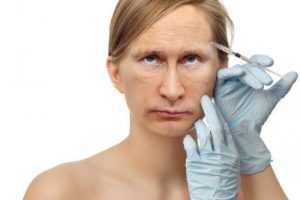
That doesn’t mean that he will not continue to threaten to do so, especially at present, Shvets says. “The current standoff of Washington and Moscow reminds one of the US-USSR relationship of the end of the 1970s. America was then led by liberal and soft Jimmy Carter,” something Moscow could have used to reach agreements.
But instead, Moscow invaded Afghanistan and put new missiles in Europe. “As a result, after Carter, the tough Ronald Reagan became president” and adopted a harder line against Moscow. That provides the Soviet siloviki with the chance to frighten their colleagues on the Politburo and extract more money, power and glory from them.
And they were assisted in this by the Soviet intelligence services. Anyone who reported anything less than the notion that Reagan was about to attack the USSR was ignored and sidelined, and consequently, all the intelligence that did make its way to the stop reinforced the view of the hardliners.
“As a result,” Shvets says, “two parallel realities arose in the USSR” – an invented one that served the domestic interests of part of the elite and “real life in the country and abroad.” At a certain point, a gap arose in such a way that the elite “occupied itself with virtual threats but the economy of the state fell apart,” with the USSR following in 1991.
Exactly the same thing is taking place in Russia today, he argues. And just as in the Soviet case, the siloviki near the top are destroying the country. They are pushing for actions, such as an expanded invasion of Ukraine, that will lead to more sanctions and more problems for the Russian economy.
Simple logic would dictate against such a move, but “as the late Berezovsky said, ‘it is difficult to predict the logic of idiots.’”
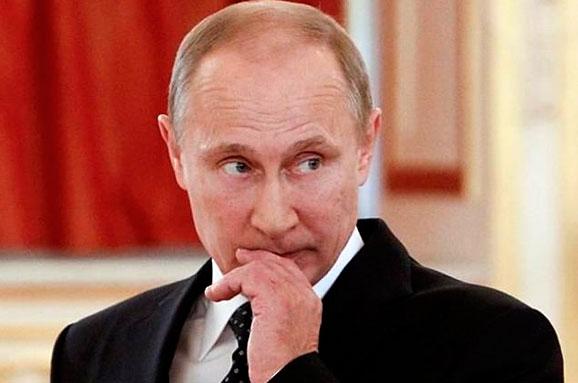
Now, thanks to what Putin and his entourage have been doing, “the fate of Russia to a significant degree depends on the US president.” If he ends restrictions on the export of gas and oil from the United States, that alone would drive down world prices and cripple Russia’s ability to function and survive.
Indeed, “if the West does not lift sanctions, Russia will collapse in two years.” It won’t be able to produce sufficiently more oil and gas to compensate for falling prices, and it won’t be forgiven for using its energy monopoly as a weapon. Even in Soviet times, the leadership never did that, recognizing that it would be a two-edged sword.
But however that may be, Putin has already by his action re-energized NATO and led to the expansion of its forces near Russia’s borders, exactly the two outcomes that he has declared he is working to prevent. And “Putin has already done much to have the next US president become a new Reagan and containment of Russia for a long time become Washington’s course.”

